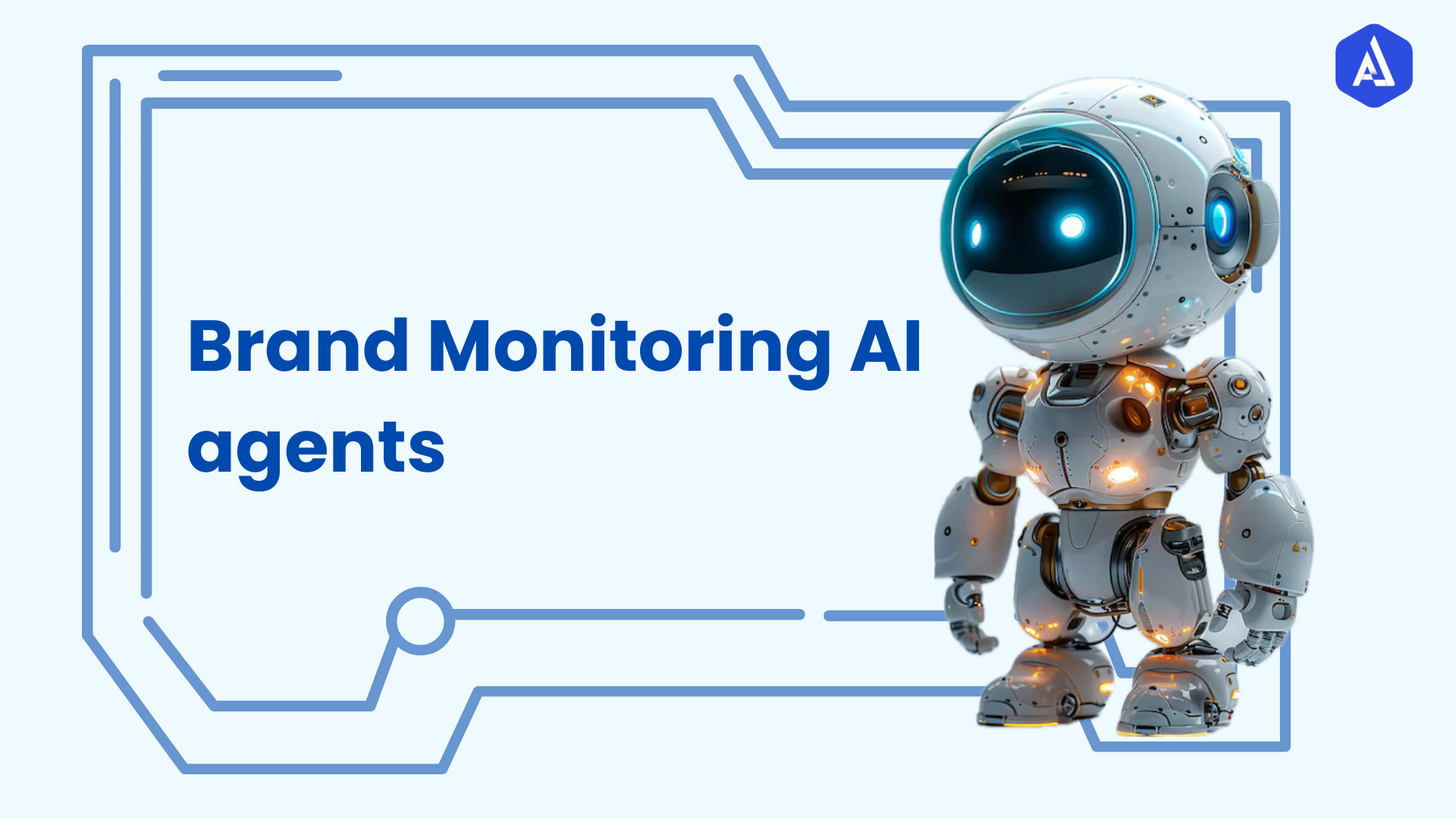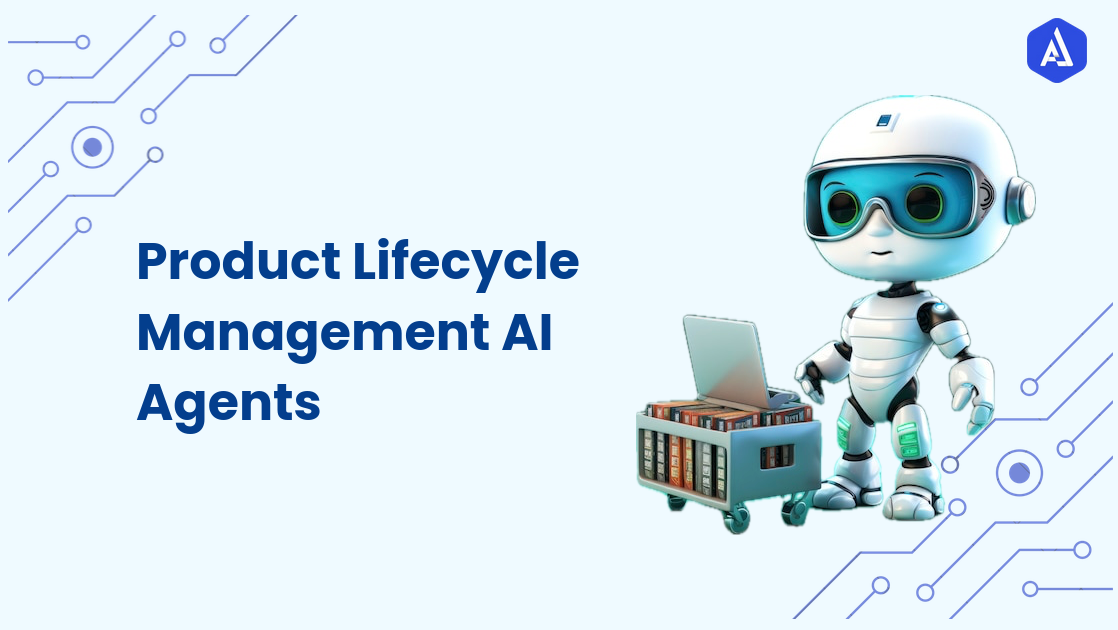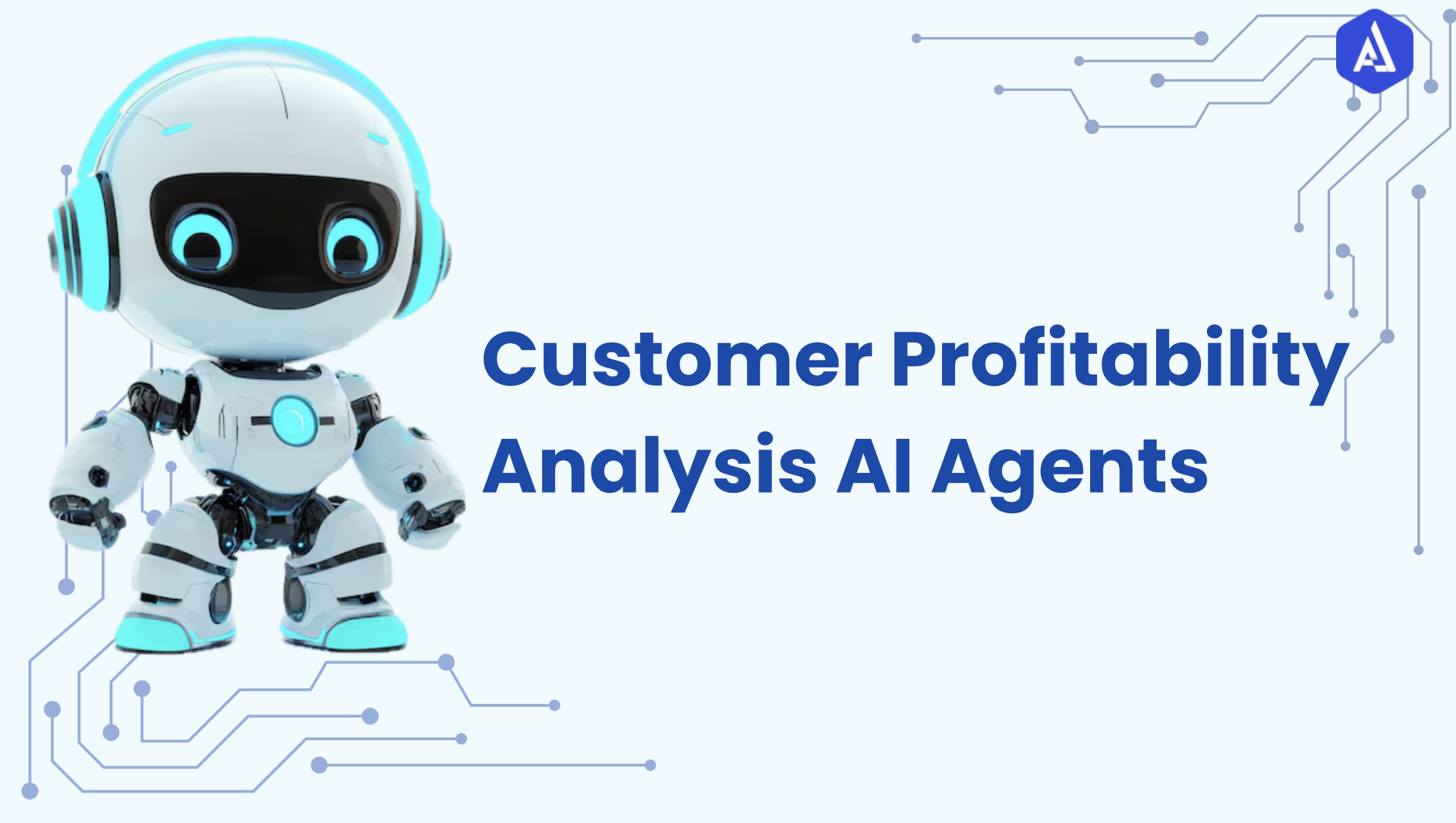Introduction
Strategic sourcing is a very effective method of optimizing procurement and supply chain management. Businesses can make this process easier by using AI agents, hence more efficient, cost-effective, and data driven. The introduction of intelligent technologies into strategic sourcing improves the outcomes from the supplier interaction while automating many routine tasks but delivering a deeper level of analysis about the relationships that will keep an organization up and running within an ever-changing marketplace.
About the Process
Current Strategic Sourcing Process
Strategic sourcing calls for a series of steps aimed at the correct identification of suppliers, fair contract negotiations, and methods of maximizing procurement strategies towards avoiding wastage and efficiency in quality. Such steps include:
-
Needs Assessment: This entails the evaluation of the requirements needed by the organization in terms of goods or services.
-
Supplier Identification: There are supplier identification whereby possible suppliers are researched and evaluated according to the required specifications like cost, quality, and reliability.
-
Request for Proposal (RFP): Approaching suppliers to invite proposals according to the needs of the organization.
-
Supplier Evaluation: It involves analyzing the proposals, evaluating supplier's capabilities, and negotiating terms.
-
Contract Management: The finalization of agreements and managing the relationships with suppliers in such a manner that they remain in compliance and perform accordingly.
-
Ongoing Monitoring: Continuously assessing the performance of suppliers, issues and optimizing the supply chain if required.
Presently, the process is efficient in itself but involves manual data analysis, supplier communication, and negotiations where human error is inevitable and time-consuming. AI agents can make great improvements to the area and encourage more automation of tasks with a higher focus for sourcing teams on more value-added activities.
Talk about the Agent
Overview of the AI Agent
The Strategic Sourcing Optimization AI Agent is a sophisticated software tool that assists procurement teams at each step of the strategic sourcing process. In fact, this AI solution is designed to process tons of data to identify patterns and make wise recommendations regarding the optimization of sourcing decisions.
The agent’s core functionalities include:
-
Data Analytics: AI can analyze historical supplier performance data and market trends to enable making data-based recommendations about what risks should be avoided.
-
Predictive Modeling: It can predict demand and risks by predicting changes in the market or supply chain, which enables procurement teams to prepare beforehand.
-
Automation of Repetitive Tasks: The AI agent will automate such routine tasks as preparing RFPs, reminders, or reminders on the closeness of the approaches of the deals.
-
Supplier Matching and Evaluation: Utilizing machine learning algorithms, the agent can rate several suppliers along different criteria, ranking them in terms of who best fits the needs of the organization.
-
Cost Optimization: Applying market trend insights and negotiation tactics, AI agents can potentially aid procurement teams in identifying areas of cost savings in supply chains.
How It Integrates with the Process
The AI agent would fit into the existing strategic sourcing framework and interact with human decision-makers to achieve the envisioned goals. At the needs assessment stage, the AI can analyze historical purchasing data, looking for trends and predictive cycles of what may be needed in the future. At the supplier identification stage, it would automatically suggest possible suppliers by grading them based on track record and conditions in the market.
The agent also helps in supplier evaluation wherein it checks for responses to RFPs, scores them based on pre-defined metrics, and suggests the most favorable suppliers. This AI marks out a probable compliance problem and detects low-performing suppliers. While in the contract management and monitoring phase, it suggests corrective action at both these stages. It improves the overall efficiency in the sourcing process through higher and quicker decisions made by sourcing professionals by means of actionable insights and the automation of lower-level tasks.
Benefits and Values
It also brings with it numerous benefits due to the use of AI agents within the strategic sourcing process.
-
Improved Efficiency: The amount of burden bestowed on manual labor is minimized, and the speed of decision-making is heightened by the automation of routine tasks such as data entry, communication with the supplier, and contract management
-
Cost Reduction: The AI agent gets an opportunity to identify cost-saving opportunities along with analyzing factors like market conditions and supplier performance. This also optimizes supplier selection with more efficient contract terms.
-
Better Decision-Making: The AI agent sends real-time insights about market trends, supplier risks, and cost-saving opportunities to be made by the organization for better and more efficient decisions.
-
Supplier Relationship Management: Continuous monitoring of supplier performances and detecting potential risks helps in ensuring that an organization always works with the most reliable and efficient suppliers.
-
Risk Mitigation: With the predictive analytics ability of organizations, one can predict any kind of supply chain disruption or market change and take proactive steps in anticipation of risks beforehand.
In a nutshell, the AI agent improves strategic as well as tactical sourcing aspects, achieving performance improvement, saving cost, and improving better relationships with suppliers.
Use Cases
The Strategic Sourcing Optimization AI Agent is versatile and may be used in any type of industry and procurement situation.
-
Manufacturing: For industries that need raw material purchase, the AI agent can identify the cheapest suppliers and predict a shift in commodity prices.
-
Healthcare: For companies sourcing medical equipment, pharmaceuticals, or supplies, the AI agent may be used to ensure that a firm adheres to the requirements of regulatory compliance while also optimizing the costs of suppliers.
-
Technology: An AI agent discovers new suppliers, analyzes the performance of existing vendors, and suggests that the company undertake new joint ventures with them as per its requirements for innovation.
-
Retail: An AI agent in a retail company that deals with a large network of suppliers and heterogeneous products ensures to minimize stock with proper prediction of the trend of fluctuations in demand and identifies new suppliers at reduced costs.
In each of these, the AI agent then fits into the needs of an organization by enhancing and streamlining the strategic sourcing process but being flexible enough to attend to industry-specific challenges.
Considerations
While AI agents bring about a myriad of advantages, there are certain factors that need to be considered to ensure successful implementation:
-
Data Quality: The AI agent depends on high-quality, precise data that will enable its functions. Organizations have to ensure that the data fed into the system is clean, up-to-date, and comprehensive.
-
Integration with Existing Systems: It should also integrate easily with the pre-existing procurement and ERP systems to be implemented in a successful way. This may require an understanding and collaboration with IT teams on how different systems interrelate and data flows between them.
-
Change Management: The introduction of AI into strategic sourcing may require cultural changes. Teams need to be educated about usage with AI tools and mindset changes toward embracing automation as complementing human expertise.
-
Vendor Buy-In: Suppliers may also resist changes that sourcing processes undergo in using new AI-end strategies. Therefore, proper communication and collaborative work is necessary to ensure that suppliers are aligned with AI-driven sourcing strategies.
By addressing these considerations, an organization will be able to overcome apparent difficulties and maximize the benefits that AI-based sourcing can have for it.
Talk about the Future
The future of AI in strategic sourcing is promising due to several possible advancements that will improve the whole process:
-
Enhanced Predictive Analytics: As AI algorithms become more sophisticated, they will make predictions much more accurate, making companies predict supply chain disruptions before these do indeed occur.
-
Deeper Supplier Insights: The future tools made of AI will collect a multitude of data sources-social media, market trends, and even financial reports-to give a complete view of the suppliers.
-
Greater Automation: The scope of automation keeps expanding into more complex tasks such as contract negotiations, performance scoring, and even dispute resolution.
-
Sustainability Focus: With sustainability increasingly becoming a cause for consideration in sourcing choices, AI agents will be prepared to analyze and recommend suppliers based on ESG criteria.
In future, sourcing AI will continue to evolve along with other sourcing processes in the same manner. Businesses will remain agile, cost-effective, and responsive to dynamic realities of markets.


